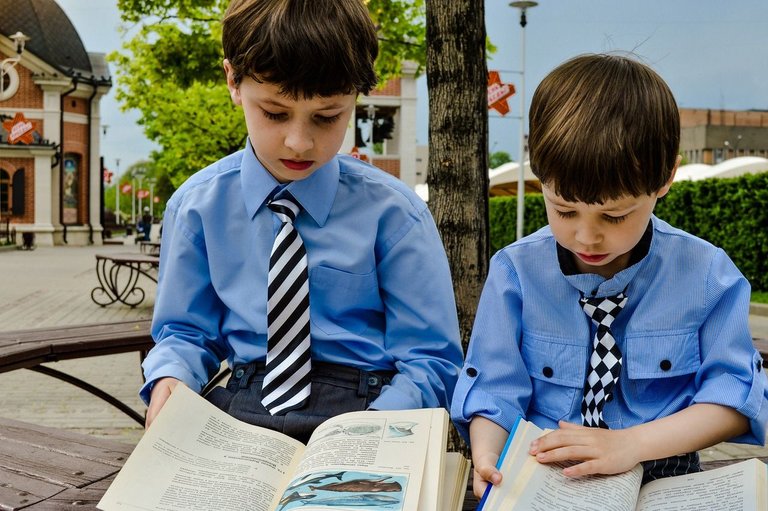ADHD in Children: The Complexities, Treatment Options and Parental Roles
Hello new science world, I'm new on Hive but if you check my intro blog you'd realize that I'm a big fan of the science world.
A medical issue that concerns me a lot is ADHD in children. I'v taught in a classroom before and I encountered one of such cases with a 13 year old little boy.
I decided to give him a little bit more attention than I usually do. There are a lot of complexities with this situation and how it is handled determines whether the child will thrive or be set back by the situation.
For my article, I wanted to share a few thoughts on this situation or disability as they describe it to be.
ADHD in Children: the Complexities
In childhood, each thread that forms a whole tapestry tells its own tale. For some individuals, this tale is shaped by the problems of Attention Deficit Hyperactivity Disorder (ADHD). ADHD is not a uniform condition but a complex neurodevelopmental disorder distinguished by various symptoms such as trouble in maintaining attention, hyperactivity and impulsivity. Picture a classroom full of activity where every child’s mind is like a bustling marketplace flooded with interruptions. In such a busy environment, children with ADHD find it difficult to concentrate on tasks and curb their impulses.
The Complexity of ADHD
To really grasp how complicated ADHD is, one must realize that it’s more than just behavior—it is based on differences in brain structure and function. Research has shown that those with ADHD often have imbalances in neurotransmitters including dopamine and norepinephrine which are very critical for attention regulation, behavior control and even emotions. Additionally, variations in areas of brain running executive functions like prefrontal cortex can lead to challenges in controlling impulses as well as making decisions.
Ruminating over Treatment Options
When one considers the process of managing Attention Deficit Hyperactivity Disorder (ADHD), there is often a need for a multidisciplinary approach. Although medicines like stimulants (for instance, Ritalin, Adderall) can be useful in bringing down symptoms by increasing brain’s neurotransmitter levels, options are available too. Non-stimulant medications can also be utilized as well as behavioral therapy and lifestyle modifications.
- For example; some of the behavioral therapy techniques used include cognitive-behavioral therapy (CBT) or parent training that help children cope up with stress and improve their self-regulation skills.
The Role of Parental Support
Parental support is crucial in helping ADHD children to navigate through the difficulties they face daily. Such caretakers could offer structure, consistency and emotional aid while handling signs and nurturing resilience in these kids.
By creating a supportive home environment that meets the child's needs, establishing clear expectations, and offering positive reinforcement for desired behaviors all contribute towards better results.
Educational Support
Education support is not only recommended for those with ADHD but also at home, the condition is benefited from. This may include developing individualized education plans (IEPs), classroom accommodations like preferential seating, extra time to complete assignment and access to special education services. Promoting the child’s academic success and social-emotional development can be achieved by working collaboratively with teachers and school staff in creating personalized strategies for his or her special needs.
Embracing Neurodiversity
Finally, we must value and accept that people afflicted with ADHD have their own distinct experiences and abilities.
Rather than seeing it as a disability or weakness, one can reframe it in terms of neurodiversity—being different in the mind—a sort of world-view which has its own sets of difficulties and qualities.
It is possible to build a more inclusive society in which individuals with this condition are supported by promoting understanding and acceptance.
This would need some kindness, compassion; empathy thus engendering true belongingness that will nurture the individual person who happens to have an ADD brain!
In conclusion, addressing the challenges of ADHD necessitates a comprehensive knowledge about the disorder, personalized treatment approaches and supportive environment.
Through embracing neurodiversity as well as holistic support we can help children with ADHD thrive in all aspects of life.
- References
https://blogs.webmd.com/adhd-in-children/default.htm
https://www.cdc.gov/ncbddd/adhd/facts.html#:~:text=ADHD%20is%20one%20of%
